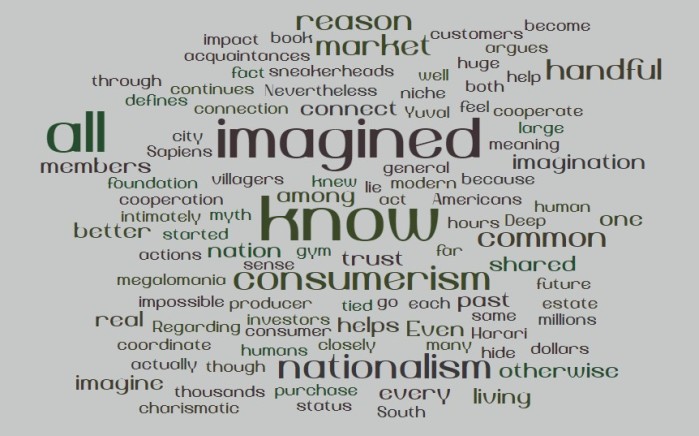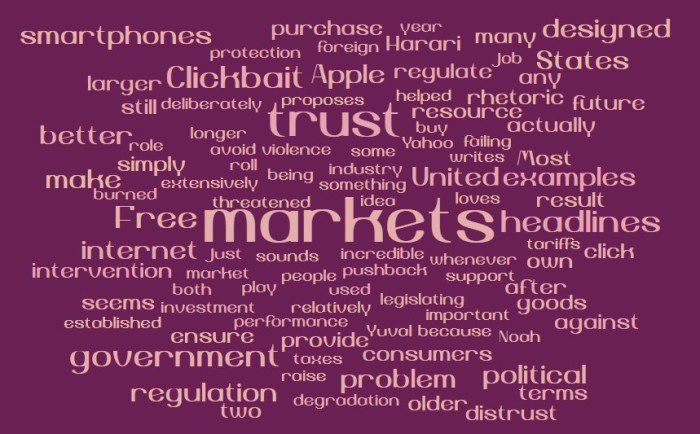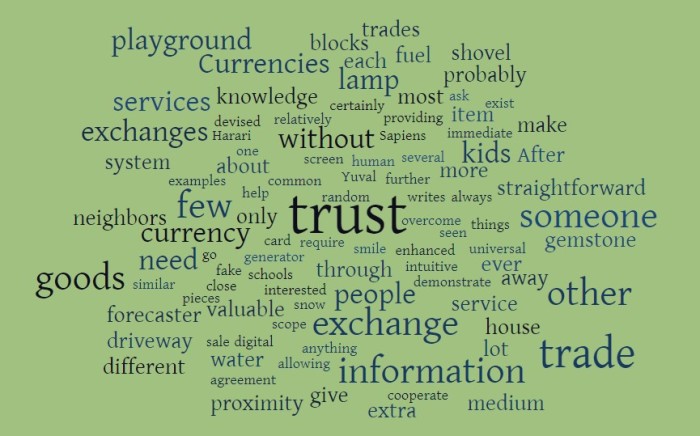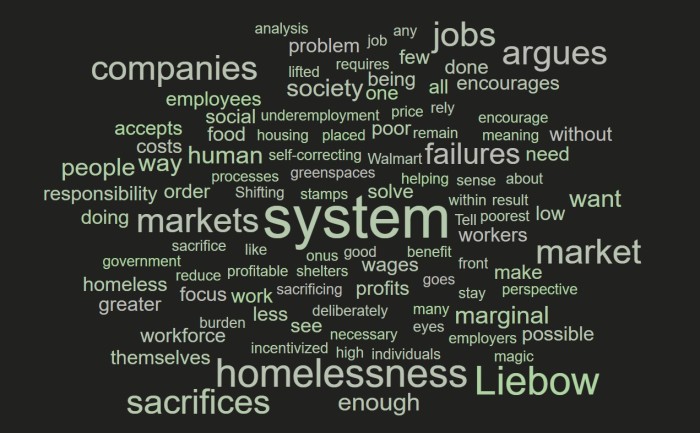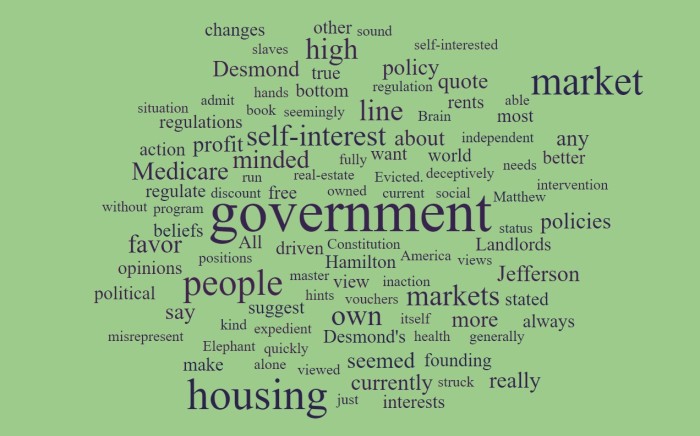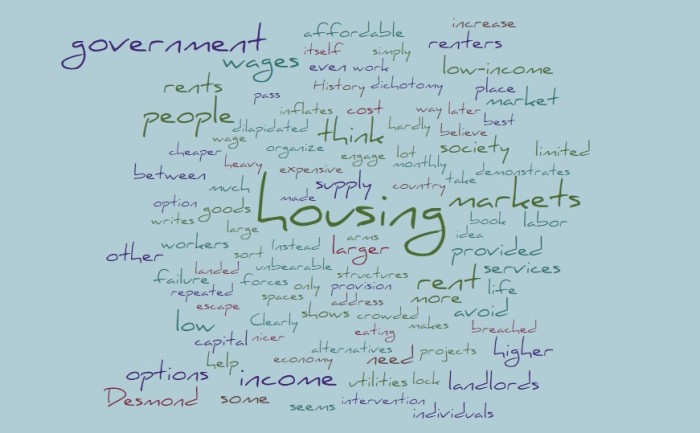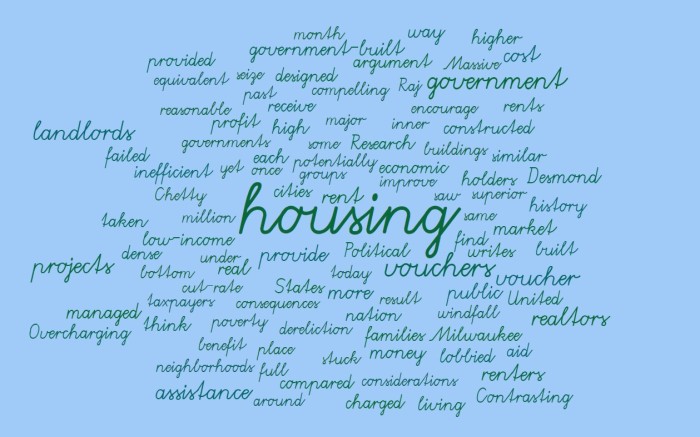The easiest, or most clear and straightforward, way to resolve a conflict is through simple displays of force. The strongest party simply dominates another party. A weaker party is crushed, completely eliminated, or reduced to being inconsequential and incapable of defending or asserting their rights and needs.
But conflict negotiation where the strongest dominate the weakest don’t necessarily lead to good outcomes for the dominating party. If the weaker party fights to the bitter end, then the stronger party faces serious consequences. Among animals, the alpha-male could be seriously wounded. Among countries, a prolonged war could ruin infrastructure and cost the lives of many combatants and civilians. The victor may end up with much less than what they imagined at the outset of their campaign of dominance.
Steven Pinker considers this concept, and how most modern countries find themselves in positions where they benefit more by becoming democratic, engaging more with global market economies, and participating in intergovernmental organizations via negotiation. Underpinning all these areas of a country’s political, economic, and relational norms and institutions is a shift in ideas of conflict resolution. Pinker writes, “a willingness to resolve conflicts by means that are acceptable to all the affected parties, rather than by the stronger party imposing its will on the weaker one,” is what is at the heart of countries becoming market oriented democracies that participate in intergovernmental organizations.
This is an important shift in modern human governance and institutional design. We frown on countries like Russia and leaders like Putin who are willing to resolve conflicts by force. We think more about our connections with peoples on other sides of the globe, who we will never meet, and their wellbeing. We are more willing to negotiate to resolve conflicts as opposed to exercise our strength and dominion over others to resolve conflicts.
This makes the world a safer place. It reduces the chances of violence and increases global positive sum outcomes. Countries cede a little of their own gains, their own power, and their own dominion for a tide that lifts all boats, and we are better off for it.


